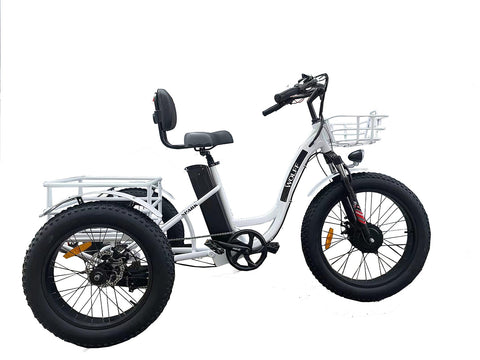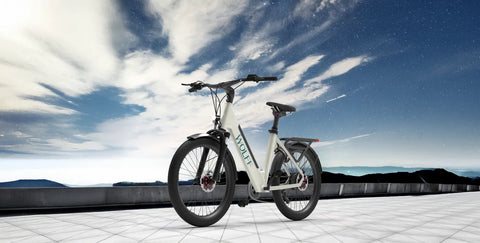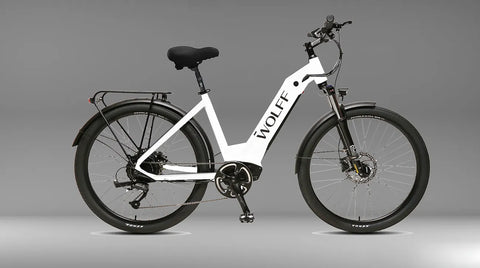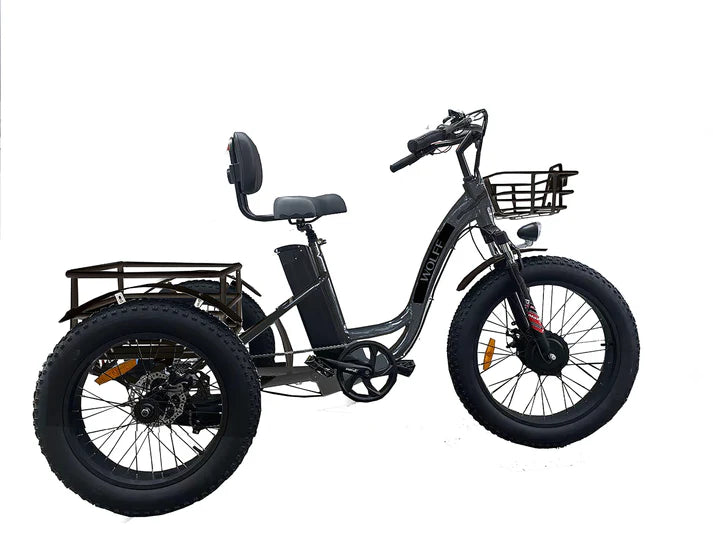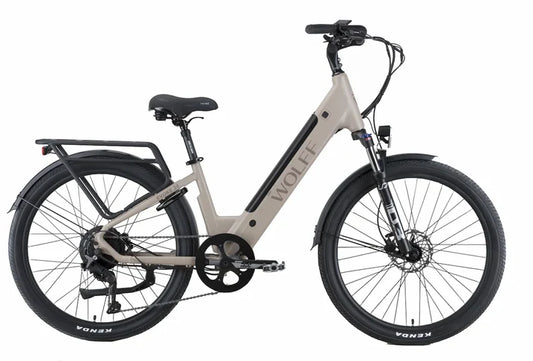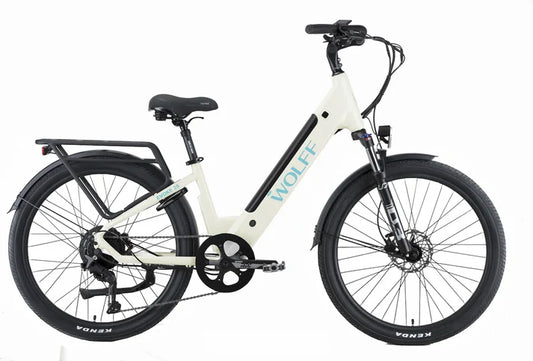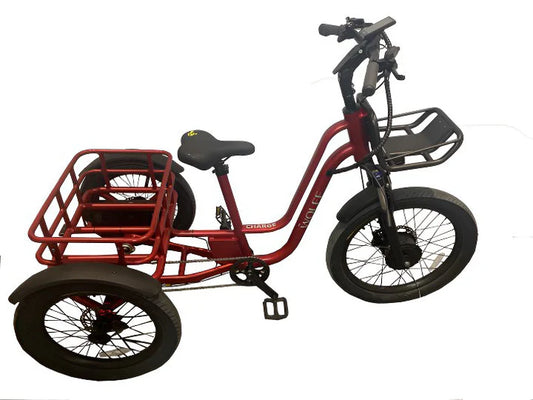Recent Regulatory Changes Regarding E-Bikes in Latin America
As the demand for eco-friendly transportation options continues to rise, Latin American countries are making significant regulatory changes regarding the use of electric bicycles, also known as e-bikes. These changes aim to promote sustainable mobility and reduce carbon emissions in urban areas. Here are some of the recent updates:
1. Legalization of E-Bikes on Bike Lanes
Many Latin American cities are now allowing e-bikes to ride on designated bike lanes, providing a safer and more practical alternative for commuters. This change not only promotes the use of e-bikes but also encourages more people to choose environmentally friendly transportation options.
2. Speed Limits for E-Bikes
In an effort to ensure the safety of both e-bike riders and pedestrians, several countries have implemented speed limits for e-bikes. By enforcing these speed limits, authorities are working towards creating a harmonious environment where e-bikes can coexist with traditional bicycles and other forms of transportation.
3. Regulations for E-Bike Rentals
With the increasing popularity of e-bikes for tourism and leisure activities, some countries have introduced regulations for e-bike rental companies. These regulations aim to ensure the quality and safety of rental e-bikes, as well as to establish guidelines for rental service providers.
4. Incentives for E-Bike Purchase
In an effort to promote the widespread adoption of e-bikes, some Latin American governments are offering incentives for the purchase of electric bicycles. These incentives may include tax breaks, subsidies, or discounts on e-bike purchases, making it more affordable for consumers to switch to eco-friendly transportation.

